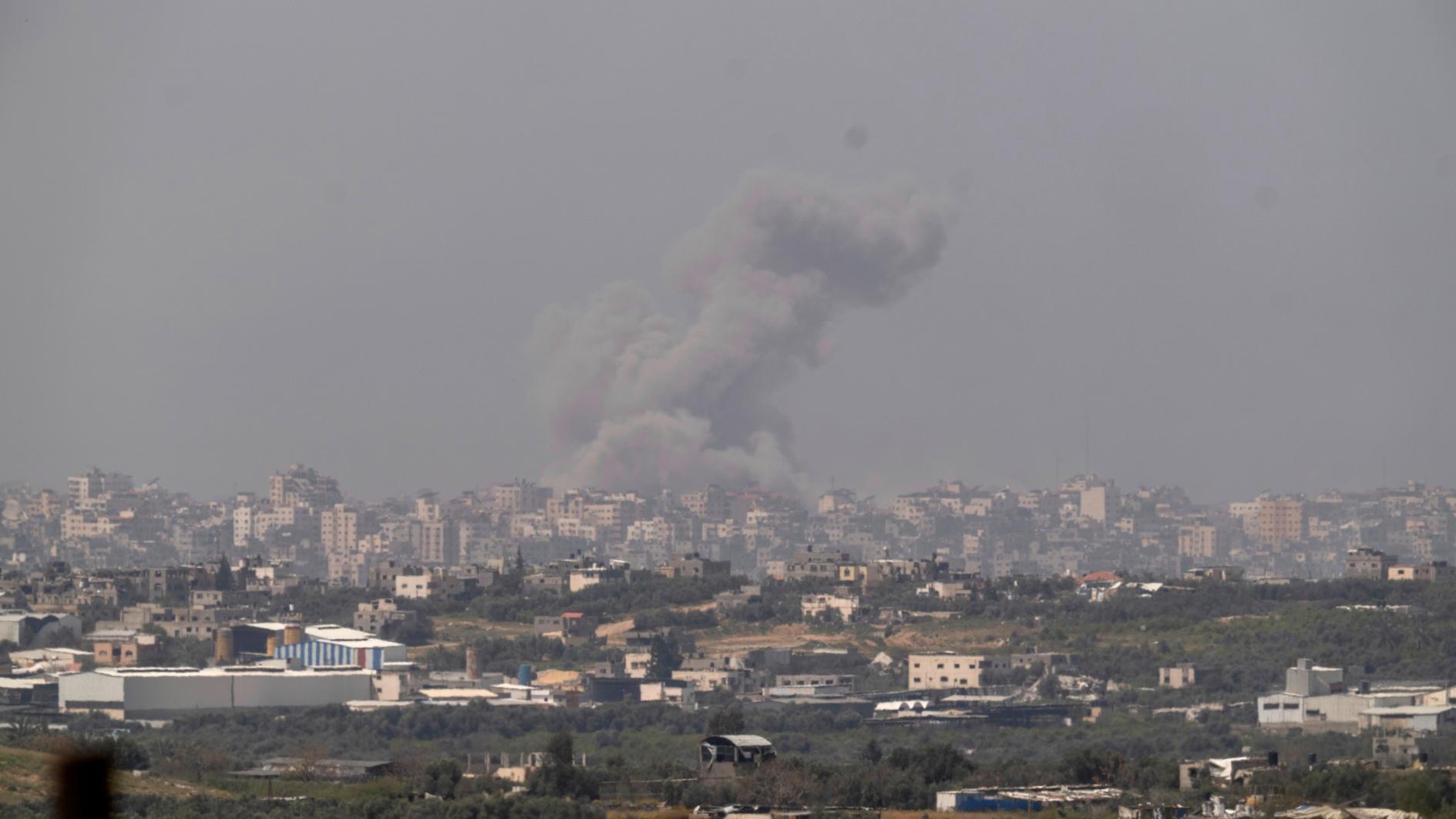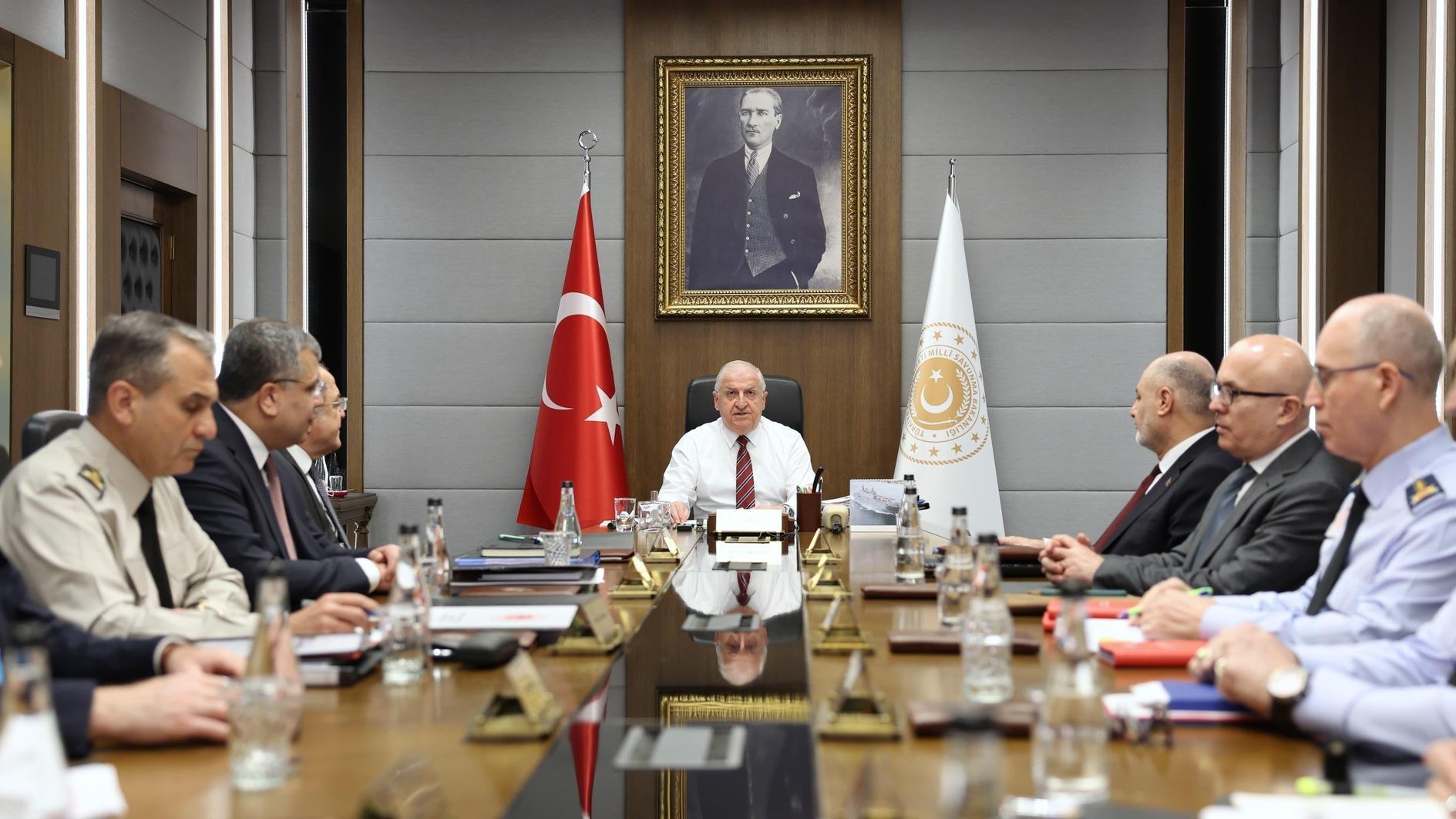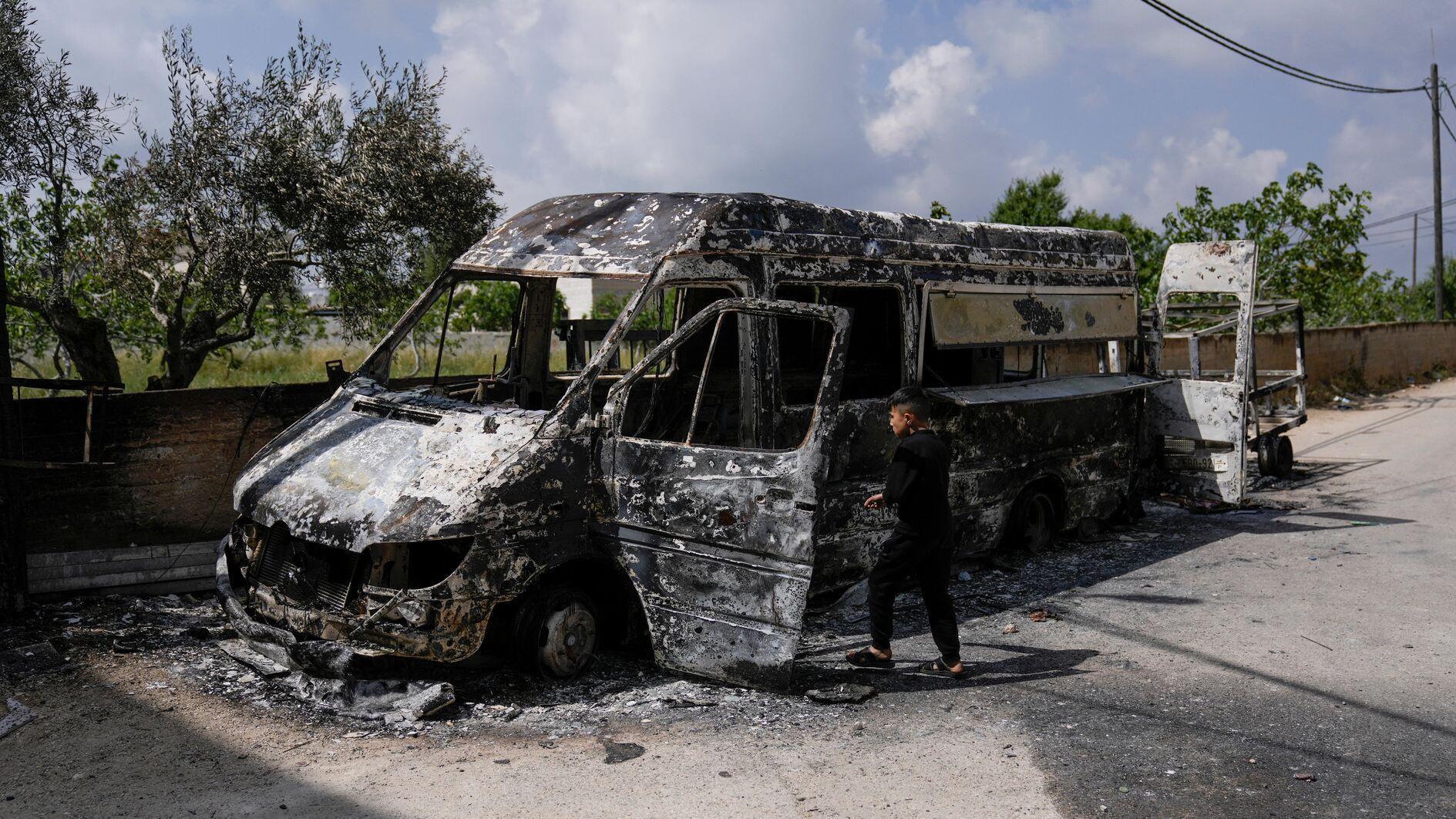Turkey, Israel and Hamas
The Palestine question was the most popular issue in the Turkish political Islam movement between 1960 and 1980. It had an extremely significant role in building the political Islam identity of the country.
In the first years of the movement, while it was evolving into a political party, the most important debate was the “oppressed Palestine” case. Reaction to Israel/Zionism was even deeper than to the Soviet Union/Communism.
Those whose minds were shaped by such debates, moods and premises are now governing Turkey. Understanding Prime Minister Recep Tayyip Erdoğan and his friends’ sensitivity on the Palestine question is only possible by understanding that background. The issue is an emotional one, involving ideological nostalgia and the remembrances of youth. It is not merely a moral foreign policy issue. And it is also important beyond all predictions.
Recently, rumors about “Hamas” opening a representative mission in Turkey and receiving a generous subsidy have triggered new discussions (although Hamas receives aid from Turkey by using various channels already). Even though this has been rejected indirectly by both government spokesmen and President Abdullah Gül, we understand from their words that steps continue behind closed doors. Into the bargain, such an attempt could even be approved in the international arena. How come?
Turkey’s establishment of closer relations with Hamas, for example in taking Syria’s old role by hosting Hamas’ political leader, Khaled Mashaal, might well play a fundamental role not only in Hamas-Israel relations, but also in the general developments in the region. For example, it might put Iran and Syria’s capability of manipulating Israel through Hamas out of sight. This new situation would also push Turkey toward a new position in the region. While the developments would open new windows of opportunity for mending the relationship with Israel on the one hand, they would increase the tension between Turkey and Iran/Syria on the other. Neither country would be very happy to lose its position on Hamas.
The problem could evolve in a dramatic way unless Israel and the U.S. react to these developments.
Domestic policy decisions regarding possible developments with Hamas might be more than just foreign policy for the Erdoğan government. Quite “well-functioning canvassing gear” aimed at domestic opinion could convert these decisions into a great victory soon. Such a success would allow the mending of Erdoğan’s broken conceit after Operation “Cast Lead,” while also satisfying his youthful sentiments. A fresh start for mending the “official” Israel-Turkey relationship, which has gone through a crisis since the Mavi Marmara incident, might be possible.
It is clear that Foreign Minister Ahmet Davutoğlu needs a fresh success story after his “zero problems with neighbors” approach, which has become almost meaningless. In order to advance his career in the upcoming race for the prime ministry, he may seek to achieve a “victory” that would be bought easily by the Turkish public. He could get an opportunity to mediate negotiations with Israel while also carrying some of his points for the Mavi Marmara incident and protecting Hamas. First, however, he needs to convince Erdoğan.











